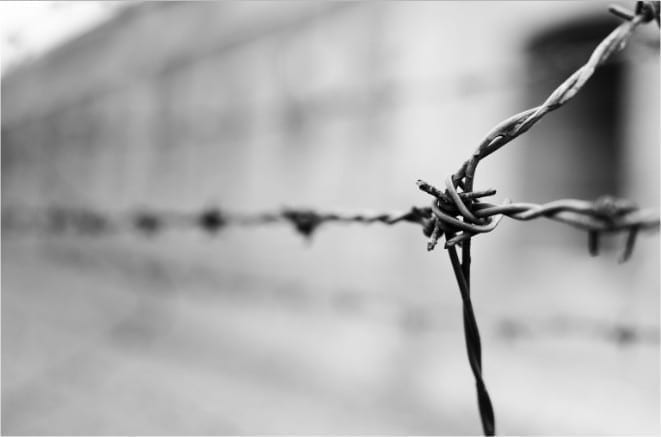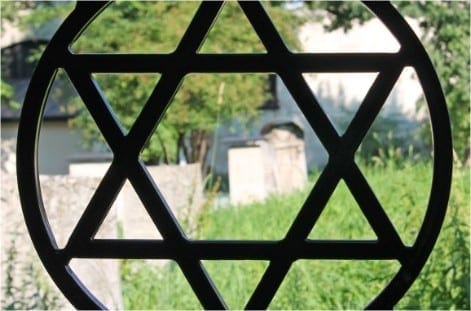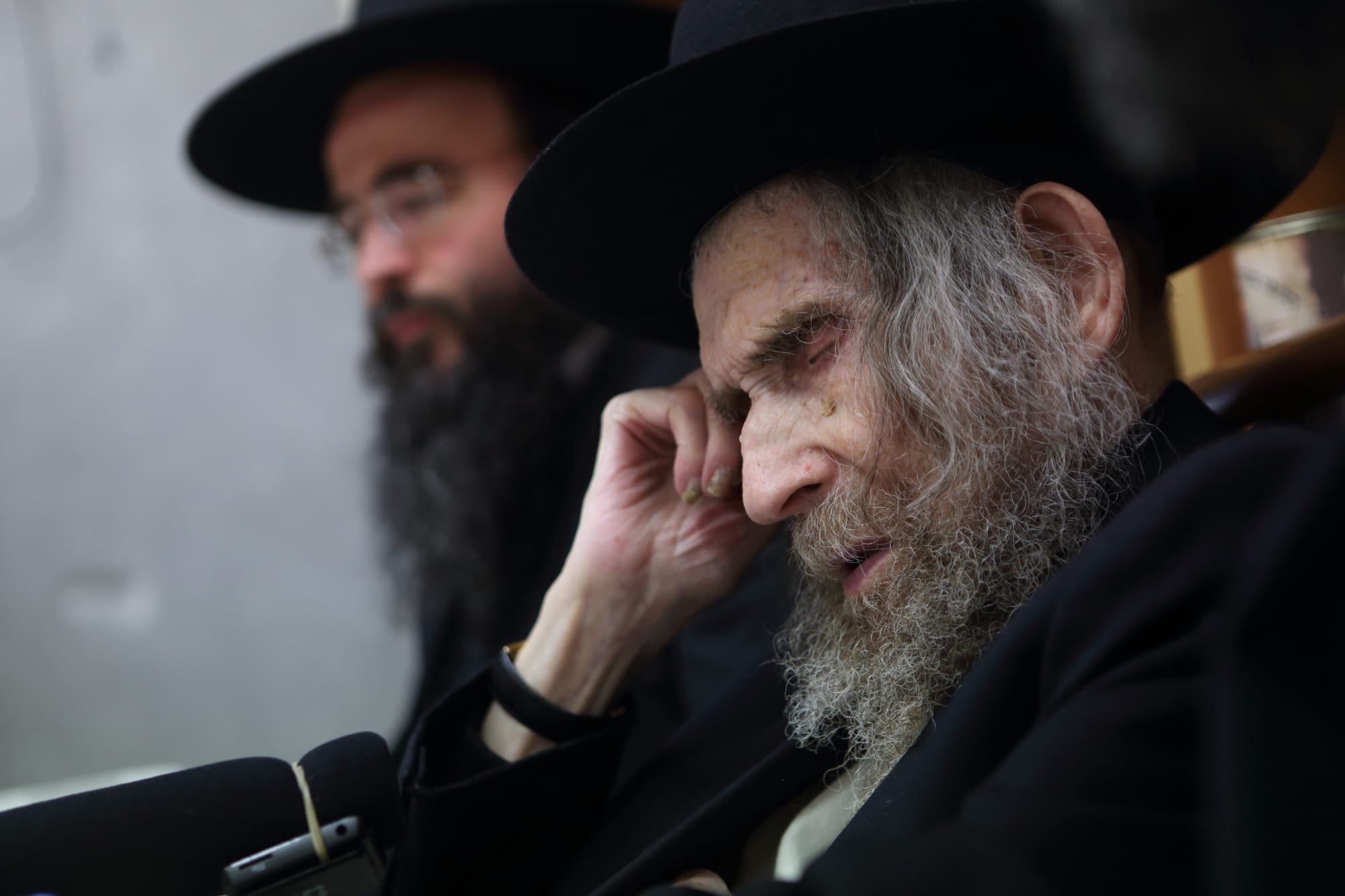Leah Kaufman sees every day as a new opportunity to “Live, remember, and tell the world”. This was the last legacy she received from her mother before she died of starvation together with all her other siblings in the frigid winter of 1941. Driven from their homes by the cruel Rumanian army, the Jews fell like flies from exposure, cold and starvation even before the Nazis could exterminate them.
Nine year old Leah, who sold her last possessions to buy a blanket and cover her mother's corpse, was left totally alone in the world and only through a string of incredible miracles she was able to survive and bring testimony of the shocking conditions she had experienced.
“Every difficulty in life is a challenge which purifies the neshama and brings us closer to Hashem”- she says. “He's saying that in every field of endeavor we have potential and we don't realize it unless we are tried. We are supposed to climb the ladder of Yaakov and reach the heavens”.
Leah was fortunate on two counts: she had a flair for languages and was blond and blue-eyed. Since the Russians had ruled Rumania in the year before the war, she had been forced to learn Russian. Passing herself off as a Russian whose parents had abandoned her, she sought work for food in the Ukrainian town of Moghilev.
“Hashem found a way to bring me out of the depths of hell- I had to pretend that I was a gentile to survive. I worked in a café serving SS officers from the Einzatzgruppen and I heard them saying how they killed the jews and they didn't escape- but where could they have escaped to, the whole place was just one big concentration camp.”
Kaufman's employer had not intended to save a Jewess but fortunately when she found out that her protégé was Jewish – as Leah suffered from nightmares and revealed her identity in them –she did not expose her identity.
“Hashem gave me the ability to judge people who I can ask for help and who to avoid. This lady did not want to pick up a Jew but she needed a worker in her café and I fit the bill.”
Leah worked hard to eradicate her past identity, to the point that she forgot all the Hebrew, Yiddish and Rumanian which she had learned as a child. When the Rumanian government defected to the Allies later in the war and agreed to bring back war orphans of Rumanian extract to be repatriated to Israel, Leah was initially refused re-entry to Rumania since they did not believe she was Rumanian, as she had no memory of her native tongue.
However she had not forgotten her religious roots and even though she had to go to church and learn Christian prayers, she maintained her devotion to her Jewish G-d.
“I kept my own Yom Kippur and my own eight days of Pesach – I did not know the dates so I decided for myself when they were”.
At one point Kaufman's identity was revealed and she was brought to a notorious death camp nearby but miraculously she managed to escape, still remembering her mother's final request to survive and tell the world.
Kaufman's trials did not end even when she was eventually readmitted to Rumania and left the Nazi- occupied areas. When she sought entry into an orphanage, it was discovered that she was suffering from malaria (“I have no idea how I contracted it”) and once again she was thrown onto the streets with a high fever and a dangerous disease. Somebody –an angel in disguise- took her in and nursed her back to health and then brought her back to the orphanage, where she was put on a list to be sent to Israel through the illegal Aliya Bet.
However, the night before she was supposed to leave for Israel her appendix burst. Most of the doctors refused to operate on her in her delicate condition but one young doctor agreed to perform the operation and managed to save her life. As it happened she had twice cheated the angel of death, since the boat she was supposed to travel on, the Mefkura, was torpedoed by Russian submarines and sank with a loss of more than 300 lives, including all the other orphans who had travelled with it.
Leah continued with her efforts to leave Europe for Israel but once it became clear that war would break out there, a social worker persuaded her to accept the offer of a foster family in Canada, where she married and had three children before making Aliya in 1998.
It took her fifty years, however, before she could bring herself to talk about her experiences. After teaching Torah in Hebrew school for many years, she finally started to speak –first to her students and then in Yad Vashem, the Israeli army and even in Britain and America. She has also published her autobiography- “Live Remember, Tell the World” (Artscroll History, 2007). It was the holocaust deniers who persuaded her to talk:
“I want children to become “messengers of memory”- they should realize the urgency of telling future generations never to forget that a human being can make gas chambers and death marches but can also become Moshe Rabbeinu. The most educated nation in the world dehumanized Jews and then butchered them mercilessly. When I tell children about Yaakov's ladder I tell them that one cannot stand still on the ladder- either one falls or one goes up. One student asked what happens when one reaches heaven- I say that one just keeps going on”.
“I tell people not to hate even after I tell them what they did to a child – and I was that child. I then say- I'm only human, why don't I want revenge? So I answer by taking out pictures of my great-grandchildren- they are my revenge”.
Leah believes that sometimes what seems the worst tribulation can be a blessing in disguise:
“When my mother died, I was forced to wander about in the freezing winter. When I tried to enter one house, dogs tore my face open but without them barking I would have frozen to death- the woman of the house heard and brought me in, sewed up my face with a needle and thread and gave me some food and shelter”.





